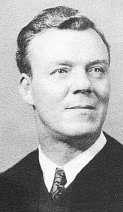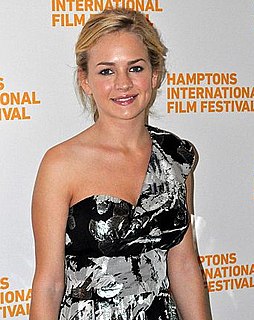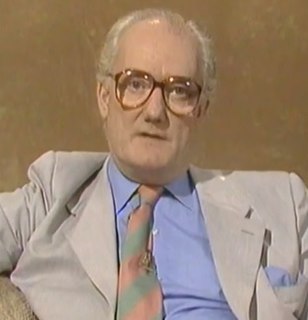A Quote by Cleopatra
[At Marc Antony's tomb:] Nothing could part us in life, but now in death we are likely to change places, you the Roman lying here in Egyptian soil, and I, helpless woman that I am, being buried in Italy.
Related Quotes
No tabloid will ever print the startling news that the mummified body of Jesus of Nazareth has been discovered in old Jerusalem. Christians have no carefully embalmed body enclosed in a glass case to worship. Thank God, we have an empty tomb. The glorious fact that the empty tomb proclaims to us is that life for us does not stop when death comes. Death is not a wall, but a door.
I love, cherish, and respect women in my mind, in my heart, and in my soul. This love of women is the soil in which my life is rooted. It is the soil of our common life together. My life grows out of this soil. In any other soil, I would die. In whatever ways I am strong, I am strong because of the power and passion of this nurturant love.
Nothing endures except change; nothing is constant except death. Every heartbeat wounds us, and life would be an eternal bleeding to death, were it not for literature. It grants us what nature does not: a golden time that doesn't rust, a springtime that never wilts, cloudless happiness and eternal youth. [my translation]
To take, for example, my own death: what I consider most likely to be true is that death will be the complete and utter end of my existence, with no successor existence of any kind that can be related to me as I now am. And if that is not the case, the next most likely scenario, it seems to me, is something along the lines indicated by Schopenhauer. But neither of these is what I most want. What I want to be true is that I have an individual, innermost self, a soul, which is the real me and which survives my death. That too could be true. But alas, I do not believe it.
Accustom yourself to believe that death is nothing to us, for good and evil imply awareness, and death is the privation of all awareness; therefore a right understanding that death is nothing to us makes the mortality of life enjoyable, not by adding to life an unlimited time, but by taking away the yearning after immortality. For life has no terror; for those who thoroughly apprehend that there are no terrors for them in ceasing to live.
Death is the inseparable antecedent of life; the seed dies in order to produce the plant, and earth itself is rent asunder and dies at the birth of Dionusos. Hence the significancy of the phallus, or of its inoffensive substitute, the obelisk, rising as an emblem of resurrection by the tomb of buried Deity at Lerna or at Sais.





































